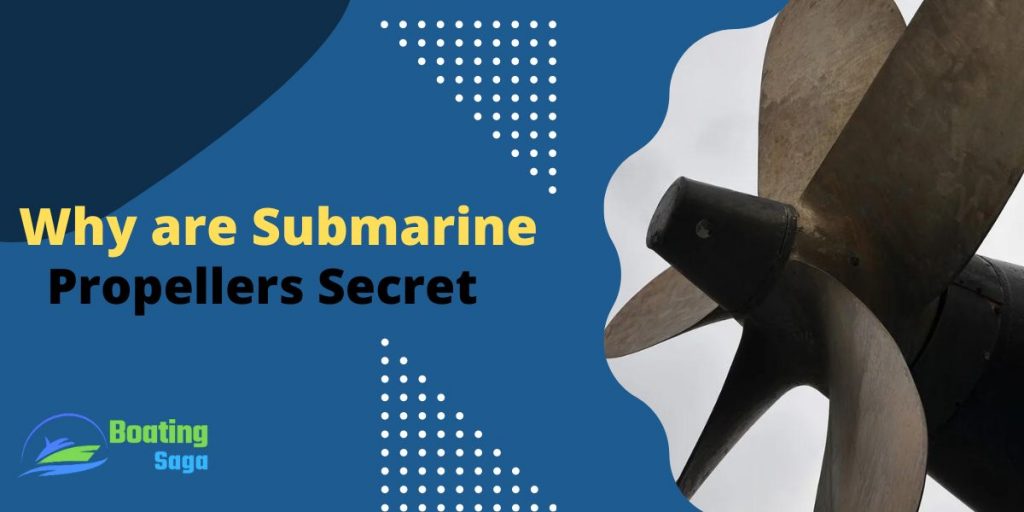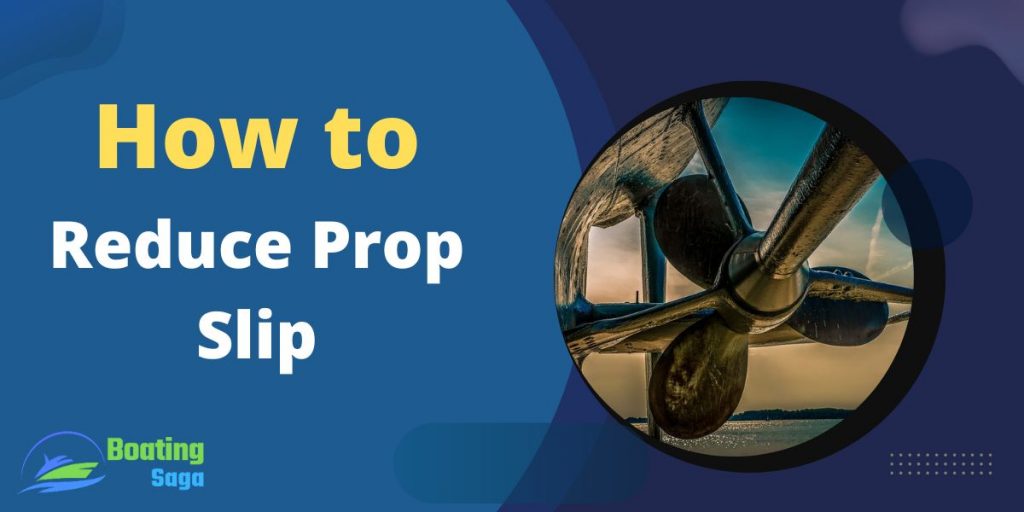
One of the major problems that boaters face is prop slip. This occurs when the engine is producing more power than the boat can handle, causing the propeller to slip in the water. This can be dangerous and cause extensive damage to both the propeller and the engine. There are a few things that you can do to help reduce prop slip and keep your boat moving safely through the water.
So, how to reduce prop slip?
Make sure that you are using the correct propeller for your boat, keep the propeller clean and free of debris. You can also try adding some ballast (weight) to the stern of your boat and try adding a trim tab. You should also slow down when you approach turns.
If you are experiencing a lot of prop slip, it might be time to have your propeller serviced or replaced.
Causes of Boat Prop Slip
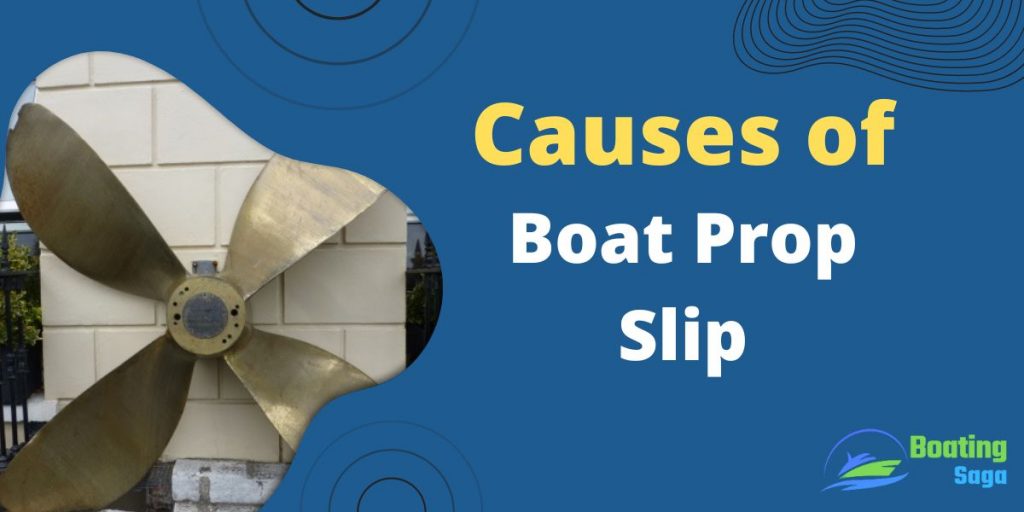
There are many potential causes of a boat propeller slipping. Some of the most common include:
- The most common reason is when the engine is not providing enough power to turn the propeller. This can be due to a number of factors, such as a dirty or clogged filter, low fuel levels, or an improperly adjusted carburetor.
- One possibility is that the prop is not pitched properly for the boat’s gear ratio. If the pitch is too low, the prop will slip in reverse.
- One most common reason for prop slip is cavitation. Cavitation occurs when the pressure in the water around the propeller drops too low, causing small bubbles to form. These bubbles collapse as they reach the propeller blades, which creates a sound and vibration that can damage the propeller over time.
- Another reason a prop might slip is because of a fouled prop. If something gets caught in the blades it will reduce their efficiency and cause them to slip. A fouled prop can be caused by anything from a fishing line to an old boot.
- Improperly adjusted trim tabs can cause a boat to “porpoise” which will also cause the propeller to slip.
- If the engine is running too fast or too slow for the propeller size, that can also lead to slippage.
- Propeller blade damage can also lead to slippage which can hamper the boat’s speed.
What Are the Effects of Boat Prop Slip?
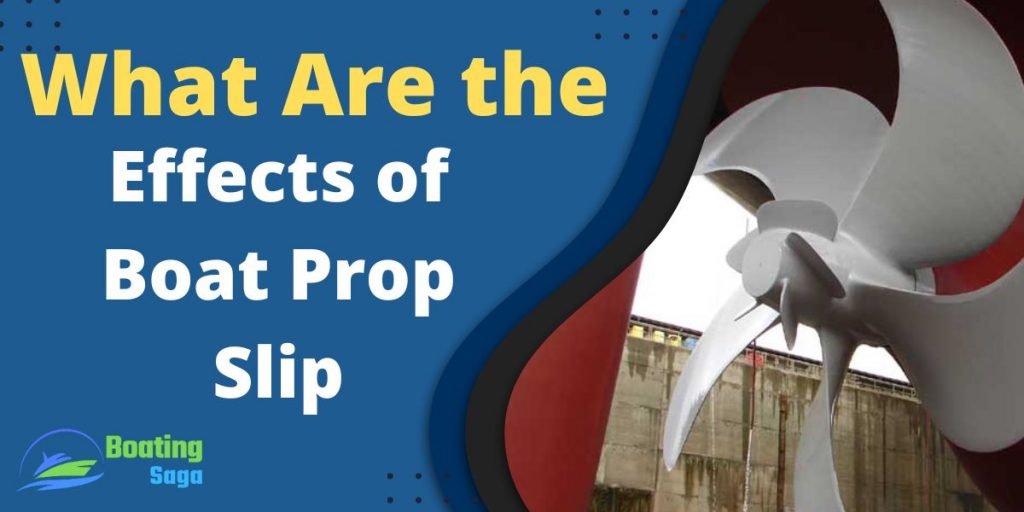
There are a few potential effects of boat prop slip.
One way is to feel the engine’s vibration. If the vibration is stronger than usual and it’s not because of an increase in speed, your propeller may be slipping. You can also check the boat’s RPMs. If they’re significantly lower than the boat’s top speed, your propeller may be slipping.
Another possible effect of boat prop slip is that it can damage the prop itself. If this happens, you’ll need to get it repaired or replaced, which can be costly.
Slip can also decrease fuel efficiency, which means you’ll have to spend more money on fuel.
Finally, boat prop slip can also cause the engine to overheat, which can lead to further damage. So if you’re experiencing any of these issues, it’s important to address them as soon as possible.
If you’re experiencing any of these problems, it’s likely that your propeller is slipping.
Ways to Reduce Boat Prop Slip
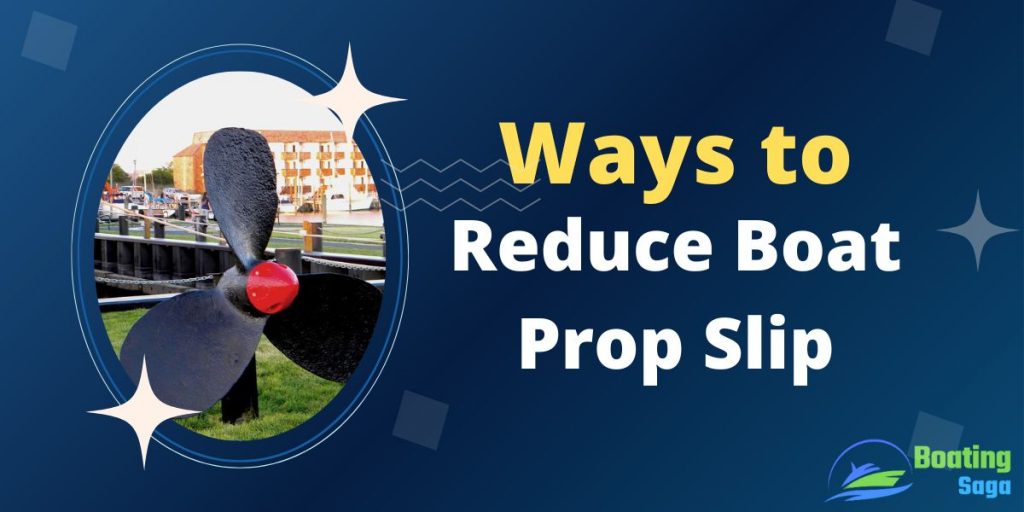
Reducing boat prop slip can be tricky and there are a few methods that can be used to reduce the amount of slip your boat propeller experiences.
- Correct Engine Power
- Slow Down Your Boat
- Use of a Prop Balancer
- Prop Alignment is Important
- Use Correct Propeller Size
- Clean Your Props Regularly
- Add More Weight to the Boat
- Use Correct Propeller Pitch
- Use and Adjust Trim Tabs
Correct Engine Power
One of the most common issues with boats is prop slip. This can be caused by using too much engine power or not enough. When using too much power, the prop doesn’t have enough time to spin up to speed before the boat moves forward. This can cause the engine to work harder than necessary and can lead to premature wear and tear on the engine and prop. When not enough power is used, the boat will move slowly and may even stop because the prop isn’t providing enough thrust.
To avoid these problems, it’s important to use the correct amount of engine power for your boat. You should always consult your owner’s manual to find out what the recommended power setting is for your specific boat and engine combination. You can also ask your local marine dealer for advice on how to set your boat up for optimum performance.
Slow Down Your Boat
A recent study has shown that boat propellers can experience significant slippage when travelling at high speeds. In an effort to reduce this slippage and improve fuel efficiency, the researchers recommend slowing down boats wherever possible.
Slower boats require less power to move through the water, resulting in less prop slip. Although this may not be an issue for smaller boats, it can be a major problem for larger vessels. In order to maintain optimal performance, boat owners should take the time to slow down their vessels when possible.
Use of a Prop Balancer
When the propeller is properly balanced, it will move through the water with less resistance, which will reduce the amount of slip that you experience.
If you are looking for a way to improve your boating experience, consider using a prop balancer. It can help to keep your propeller in line and reduce the amount of prop slip that you experience. This can make for a smoother ride and provide you with more enjoyment on the water.
Prop Alignment is Important
Boat props are designed to move boats through the water. The blades on the prop create lift and forward motion as they spin in the water. When a boat is moving, the prop should be in line with the boat’s center of gravity.
If the prop is not in line with the boat, it will cause the boat to “slip” sideways. This can be dangerous, especially when traveling at high speeds. Aligning the prop correctly can help reduce slipping and keep you and your passengers safe.
Use Correct Propeller Size
When it comes to reducing prop slip on a boat, one of the most important aspects is having the correct propeller size. Too large or too small of a propeller can lead to excess slippage, which can in turn lead to a number of problems such as reduced fuel efficiency and decreased boat speed.
As a result, it is important to consult with a professional in order to ensure you are using the correct propeller for your specific vessel.
Clean Your Props Regularly
Boat propellers are susceptible to fouling, just like the rest of your boat. Propeller fouling can cause a significant increase in drag on the boat, which will lead to a decrease in speed and fuel efficiency. In severe cases, prop slip can occur, which can lead to loss of control and even accidents.
Fortunately, propeller fouling is easy to prevent and easy to clean if it does occur. All you need is some freshwater and a soft brush. Simply clean the blades of your propeller every time you use your boat to keep them free of debris and marine growth. This will help reduce drag on the boat and minimize any potential for prop slip.
Add More Weight to the Boat
One way to reduce prop slip is to add more weight to the boat. This will increase the downward force on the bow and help keep it pushed down into the water. You can add weight by filling up empty containers with water or sand and placing them in strategic locations on the boat. Be sure not to overload your vessel or you may end up with stability issues.
Use Correct Propeller Pitch
Make sure you are using the correct propeller pitch for your boat. If you are unsure what pitch your boat needs, consult with a professional or refer to your boat’s owner’s manual.
Use and Adjust Trim Tabs
When a boat is in motion, the forward motion of the boat creates drag on the propeller. This drag can cause the propeller to slip and lose power.
One way to combat this is to adjust the trim tabs on the boat. The trim tabs are small fins on the back of the boat that can be adjusted to change the angle of attack of the boat. When set at a higher angle, they create more lift and reduce drag on the propeller.
Frequently Asked Questions:
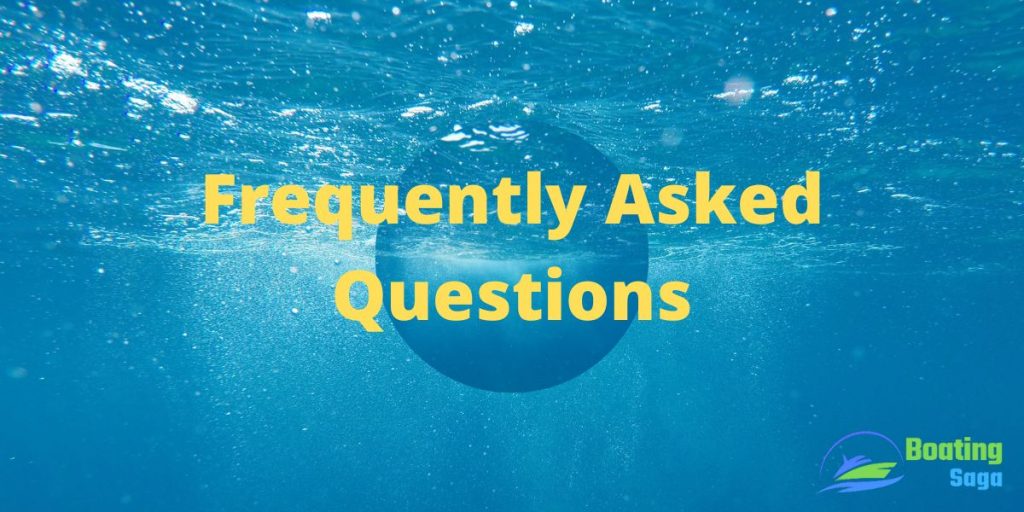
Main Reason Why Does a Prop Slip Occur?
There are many reasons why a prop slip might occur, but the main reason is when the boat is going too fast for the gear ratio that is currently in use. This means that the propeller is not able to spin as fast as the engine is turning, which causes it to slip out of the water and create drag.
Other reasons can include an improperly aligned propeller, a fouled propeller, or cavitation.
Finally, there are times when a prop slip can simply be attributed to bad luck.
How Much Prop Slip is Normal?
There is no definitive answer to this question as it depends on the size and make of your boat, the weight of your boat, and the type of prop you are using.
However, a general rule of thumb is that a prop slip of about 10%-20% is considered normal. If your prop slip exceeds 20%, it may be indicative of a problem with your boat or prop.
Does Blade Number Affects Prop Slipping?
There is a lot of discussion in the boating community about whether or not blade number affects prop slipping. Some say that a higher blade number will cause more slipping, while others believe that it doesn’t make a difference. In order to find out which is true, an experiment was conducted with two identical props, one with three blades and one with four blades. The boat was driven at different speeds and the amount of slipping was measured.
The results of the experiment showed that there was no significant difference in the amount of slipping between the two props. This means that you can choose whichever blade number you prefer without worrying about it causing more or less slipping.
Conclusion
In this articles, we have discuss different ways to how to reduce prop slip. By using the techniques discussed in this article, boat owners can keep their vessels in good condition and reduce the likelihood of prop slip.
If you are experiencing problems with your boat prop slipping, take the time to troubleshoot and fix the issue. Doing so will help you maintain your boat’s performance and keep you safe on the water.
Read More:

